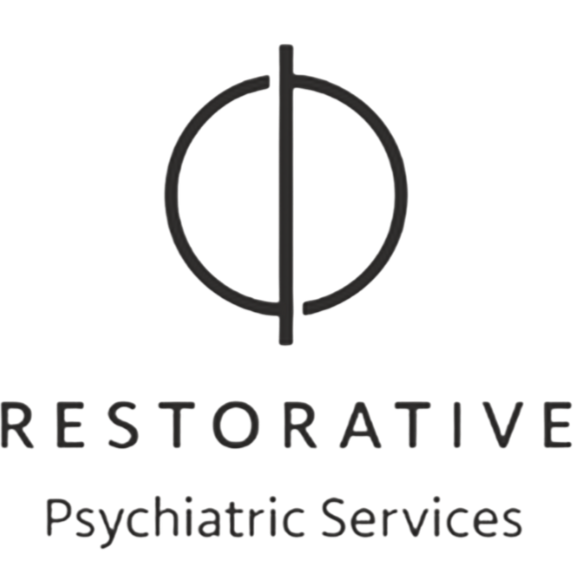Post-Traumatic Stress Disorder (PTSD)
A mental health condition that can develop after experiencing or witnessing a traumatic event, such as an accident, natural disaster, assault, combat, or abuse. While it is normal to feel shaken after trauma, most people gradually recover. PTSD occurs when distressing symptoms last for more than a month, interfere with daily life, and feel overwhelming.
PTSD can affect anyone—children, adolescents, and adults—and symptoms may appear soon after the trauma or months (even years) later.
Common Symptoms
PTSD symptoms are grouped into four main categories:
Intrusive memories and re-experiencing:
Flashbacks, nightmares, or unwanted thoughts that make the trauma feel as if it is happening again.Avoidance:
Steering clear of places, people, conversations, or activities that bring up memories of the trauma.Negative changes in mood and thinking:
Persistent guilt, shame, or hopelessness, feeling detached from others, loss of interest in activities, or difficulty experiencing positive emotions.Changes in physical and emotional reactivity (hyperarousal):
Being easily startled, on edge, having trouble sleeping, irritability, or angry outbursts.
PTSD Treatment Options
PTSD is treatable. Many people experience significant improvement with therapy, medication, or a combination of both.
Therapy
Trauma-focused Cognitive Behavioral Therapy (CBT): Helps individuals process the trauma and change unhelpful thought patterns.
Prolonged Exposure Therapy (PE): Involves safely confronting trauma reminders to reduce fear and avoidance.
Cognitive Processing Therapy (CPT): Focuses on reframing negative beliefs related to the trauma.
Eye Movement Desensitization and Reprocessing (EMDR): Uses guided eye movements or other forms of bilateral stimulation while recalling trauma, to help the brain process distressing memories.
Group therapy and family therapy may provide additional support.
Medication
Antidepressants (SSRIs and SNRIs) such as sertraline, paroxetine, fluoxetine, or venlafaxine are often prescribed to reduce core PTSD symptoms.
Sleep aids or anti-anxiety medications may be used short-term, depending on symptoms.
Medication decisions are best made with a psychiatrist familiar with trauma-related conditions.
Lifestyle & Support Strategies
Grounding techniques (breathing, mindfulness, sensory awareness) to manage flashbacks and anxiety.
Routine and structure to provide stability.
Healthy coping strategies like exercise, journaling, and creative outlets.
Peer support groups for trauma survivors to connect with others who understand.

